Health
alcohol cancer communication, alcohol cancer epidemiology, alcohol cancer research, atlantic people v cancer, breast cancer, cancer, cancer diet, cancer prevention, cancer risk, cancer survivor, colon cancer, colon cancer prevention, foods that lower cancer risk, how to cure cancer, national cancer institute, princess margaret cancer foundation, reduce cancer risk, risk factors of uterine cancer, risks of uterine cancer, what to eat to prevent breast cancer
prasadamit225566
0 Comments
27 Dec Cancer dietician shares the two common items she tells people to avoid consuming that increase cancer risk
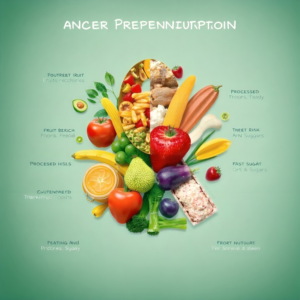 Introduction to the Prevention of Cancer by Means of Diet
Introduction to the Prevention of Cancer by Means of Diet

Cancer remains one of the major international health problems, with thousands of new cases reported around the world annually. During this very gloomy challenge, the recent research highlighted the significance of diet and lifestyle choices in the risk reduction of cancer. Many people now look for actionable guidance when it comes to healthier options in diet for the reduction of cancer risk. Based on the collective experiences of experienced cancer dietitians, this article discusses two key dietary elements that contribute to cancer development: processed foods and sugar-sweetened beverages. It explores how these contribute to cancer development and presents actionable advice on how you can make dietary choices for a protective diet against cancer.
Diet in Cancer Prevention

The role your diet plays is the foundation for sustaining health and reducing the possibility of chronic diseases, which include cancer. The nutrition you consume determines your body’s ability to fight off oxidative stress, inflammation, and abnormal cellular growth that are associated with cancer formation. This is one of the precautionary measures taken to support your immune system against illnesses and to promote general welfare.
How Diet Affects Cancer Risk

Inflammation Control: Chronic inflammation has been associated with cancer. A diet rich in anti-inflammatory foods, such as fruits, vegetables, and whole grains, can counteract this effect.
Cellular Health: Some nutrients, including antioxidants and phytochemicals in plant-based foods, protect cells from free radicals and other harmful agents that damage them.
Hormonal Balance: Some foods, particularly those rich in fiber, contribute to hormonal regulation, which may reduce the risk of hormone-related cancers such as breast and prostate cancer.
Understanding the connection between diet and cancer is essential for making choices that support a healthier, more resilient body. Let’s delve deeper into two specific dietary culprits and their relationship to cancer risk: processed foods and sugary beverages.
Common Dietary Culprit #1: Processed Foods

Processed foods are ubiquitous in modern diets due to their convenience, affordability, and often appealing taste. However, these highly modified foods come with significant health risks that can outweigh their benefits.
What Are Processed Foods?
Processed foods are products that have undergone various modifications, including:
Addition of Preservatives: To extend shelf life.
Flavor Enhancers: To improve taste.
Chemical Additives: To achieve desired textures or appearances.
Examples include packaged snacks, frozen meals, canned soups, and sugary breakfast cereals. Not all processed foods are bad for you-e.g., minimally processed items like frozen vegetables. However, many contain ingredients that may compromise long-term health.
Why Processed Foods Are Problematic

Processed foods often contain high amounts of:
Salt: Too much sodium can cause high blood pressure and other health concerns.
Sugar: Added sugars only add calories without nutritional value.
Unhealthy Fats: Trans fats and saturated fats above the limits lead to inflammation and many chronic diseases.
Chemical additives such as artificial colors, flavors, and preservatives can have long-term effects on health, but more research is needed to establish their specific impact on cancer risk.
Processed Foods and Cancer Risk

Several studies link a high intake of processed foods with a higher risk of specific cancers:
Colorectal Cancer: Some research findings indicate that processed meat products and other highly processed commodities may stimulate inflammation and cell alterations that result in cancer.
Breast Cancer: Diets high in processed foods have been associated with hormonal imbalances, possibly contributing to the formation of hormone-related cancers.
This environment for cancer growth is facilitated by the combination of inflammation, oxidative stress, and poor nutrient quality in processed foods. Limiting these items can greatly reduce your risk.
Common Dietary Culprit #2: Sugary Beverages
Sugary beverages are another significant dietary culprit that contributes to poor dietary habits and increased cancer risk. These drinks may be popular, but they offer little to no nutritional value while posing a huge health risk.
Hidden Sugars in Beverages

Sugary drinks include sodas, energy drinks, sweetened teas, and even some fruit juices. Most people consume more sugar in their drinks than they realize. For instance:
A single 12-ounce can of soda contains up to 10 teaspoons of sugar.
Many fruit juices labeled as “natural” are full of added sugars.
This “sneaky” sugar consumption is a significant source of calories without providing the body with necessary nutrients.
Health Consequences of High Sugar Consumption
High sugar intake has been related to the following:
Obesity: The most significant risk factor for many types of cancer, including endometrial and kidney cancers.
Type 2 Diabetes: Diabetes increases the chances of pancreatic and liver cancers.
Chronic Inflammation: Extra sugar enhances the process of inflammation, which might favor the proliferation of cancerous cells.
Sugar’s Involvement in Cancer Pathogenesis
Cancerous cells feed on sugar because of its role in cellular respiration. Too much sugar in the body can
Accelerate cancer cell proliferation through an overabundance of energy production.
Modify the metabolic profile to favor neoplasia.
Stimulate insulin levels; this enhances the development of hormone-related cancers, for example breast cancer.
Help reduce intake of sugary drinks; this contributes to a decreased metabolic niche that is not favorable to cancer progression.
Practical Tips for Mitigating Risk
A cancer-protective diet does not call for drastic changes. These small, sustainable adjustments really do make a big difference in your overall health.
Healthy Alternatives to Processed Foods
Choose whole foods: Fresh fruits and vegetables, whole grains and lean proteins are the way to go.
Cook at home. This is the best time to control what you include in your meals and not include additives.
Snack wisely. Packaged snacks could be replaced with nuts, seeds, or homemade energy bars.
Strategies for Cutting Sugary Beverages
Drink Water: Enjoy plain or sparkling water to keep hydrated. Add lemon, cucumber, or mint slices for flavor.
Opt for Herbal Teas: Unsweetened herbal teas are a flavorful and healthful alternative.
Gradually Reduce Sugar: If you are used to sweetened beverages, gradually decrease the amount of sugar to retrain your taste buds.
The Role of a Balanced Diet in Cancer Prevention
A well-balanced diet provides your body with the nutrients needed to support optimal health and reduce cancer risk. By prioritizing nutrient-rich, whole foods, you can strengthen your body’s defenses against chronic diseases.
Key Nutrients for Cancer Prevention
Fiber: Fiber is found in whole grains, legumes, and vegetables and supports digestive health and may lower the risk of colorectal cancer.
Vitamins and Minerals: Include foods rich in vitamins A, C, and E, as well as selenium and zinc, to promote cellular health.
Healthy Fats: Omega-3 fatty acids, found in fish, flaxseeds, and walnuts, have anti-inflammatory properties.
The Role of Antioxidants and Phytochemicals
Plant-based foods are abundant in antioxidants and phytochemicals, which:
Neutralize free radicals that can damage cells.
Regulate cell growth and repair mechanisms.
Support the immune system in identifying and eliminating abnormal cells.
This variety of colorful fruits and vegetables will ensure a diverse input of these protective compounds in your diet.
Conclusion and Recommendations from a Cancer Dietitian
Mindful selection of diet can greatly lower your risk of cancer besides contributing to overall health improvement. By avoiding processed foods and sugar-laden beverages and making a focus on whole nutrient-dense foods, one can create a supportive environment for the body to flourish.
Practical Guidelines for a Cancer-Protective Diet
Gradually Replacement by natural food
Gradual Gradual Changes: Over the course of time, eliminate processed foods and substitute that with natural food.
Restrict Sugar: Restrict sugary drinks, switching to unsweetened, your favorite beverages.
Set Maximum Prefer Plant-Based Foods: Mainly include vegetables, fruits, whole grains, along with lean proteins.
By adopting these recommendations, you are being proactive and taking steps to ensure that your health is not put at risk. Your overall cancer risk will decrease. You will feel more healthy and energetic with the addition of small, incremental steps in your diet.
FAQs
Can avoiding processed foods and sugary drinks really cut my cancer risk?
Absolutely. Studies show that these reductions can help reduce cancer risk. A nutrient-rich diet helps fortify your immune system against disease.
What are some practical tips for cutting down on processed foods and sugary drinks?
Prepare meals with whole ingredients, read food labels, and drink water or herbal teas. Add more natural foods such as fruits and nuts to your diet.
Yes, diets very high in processed foods and sugary beverages are particularly associated with colorectal, breast, and pancreatic cancers. Healthier eating habits can help mitigate these risks.


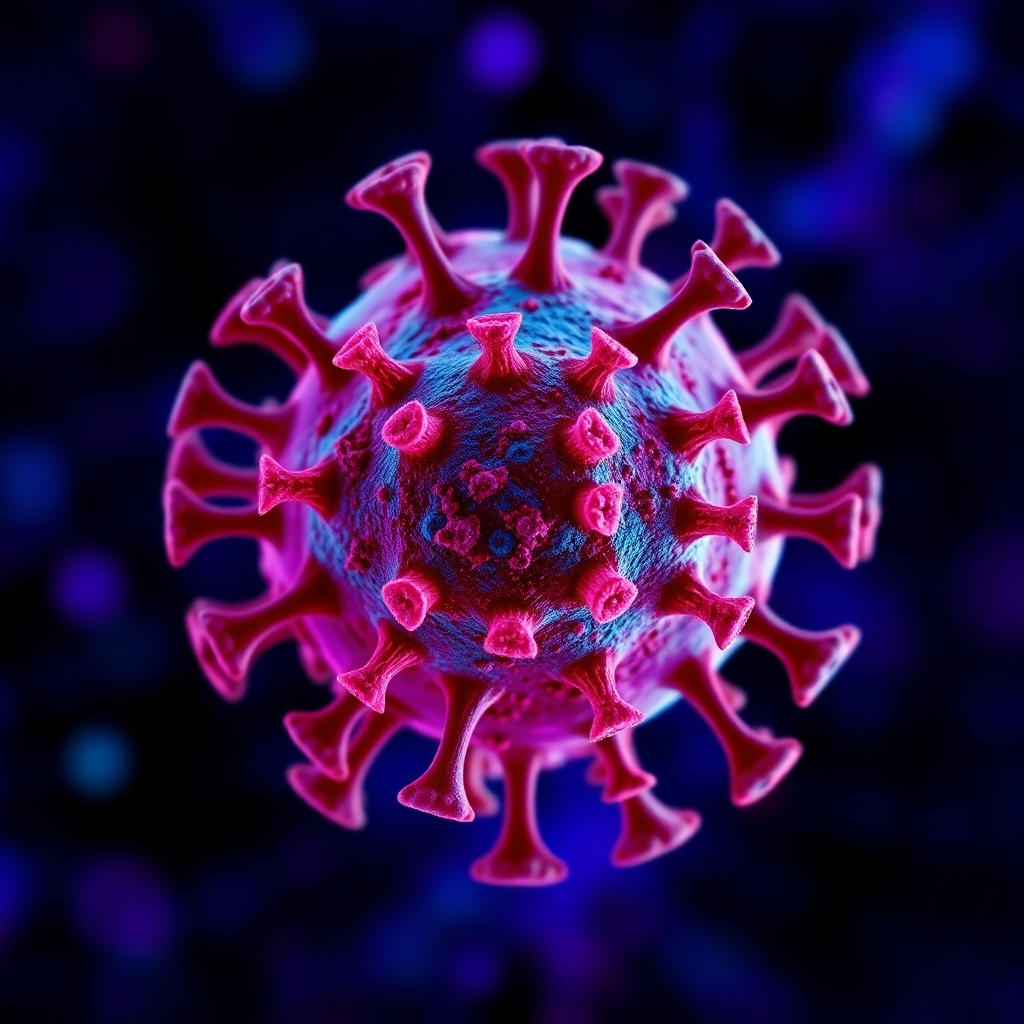

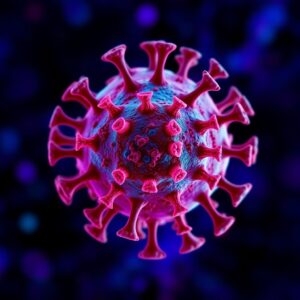









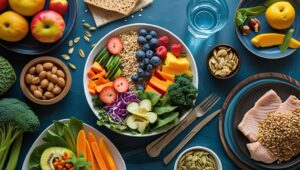


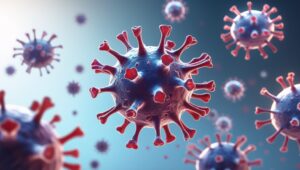
Post Comment